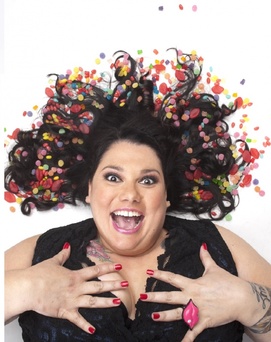
As the associate producer prefaced me, it turned out that Candy Palmater did love the headpiece I brought from my first time playing mas' in Carnival, squealing with glee once she first saw it. I loved our conversation which was about 13 minutes in length, giving ample time to speak about different aspects of the book and Carnival-culture such as Emancipation Day, pan-Caribbean, and costumes as well as other related topics like route-to-publication, "barrel children", language, diversity in children's books, the connections between Aboriginal pow wows and Caribbean Carnival, and language. I even read an excerpt from Malaika's Costume.
I loved looking at the "ins and outs" of the radio studio. It's so quiet, controlled and timed but when you listen to the radio or the host Candy Palmater, it all feels effortless and unscripted. I'm falling in love with this world of quiet rooms, talking into a microphone yet being heard by thousands who I can't see but know are there. It's quite magical.
I am thrilled to know that this taping was broadcasted nationally-- first "live" in Newfoundland at 1:35pm and throughout the rest of Canada. I tried to bring in the national aspects of Caribbean Carnivals and festivals throughout Canada including Caribana/Toronto Caribbean Carnival, Cariwest (Edmonton), Carifete (Ottawa), Calgary Carifest, and Carifiesta (Montreal). (For a calendar of Caribbean Carnivals in North America, Caribbean, Brazil, and UK, click here.) It is also fitting that CBC Radio conduct my first radio interviews for Malaika's Costume since historically it has been an important part in forming a national identity in Canada-- a relatively young country with a low population that is very spread out across a large land mass.
You can listen to my interview with Candy Palmater here.
As for that survival list of what I brought to Caribana, please watch that here.
Tell me what you think of my interview. Also, do you think my Carnival survival packing list was excessive? What was your Carnival experience like?
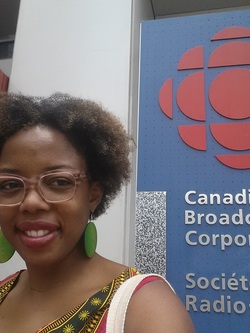
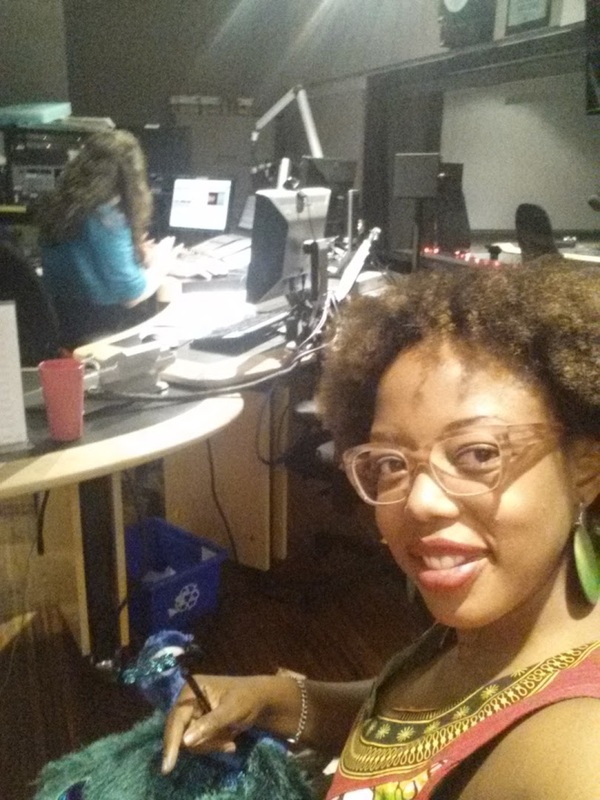
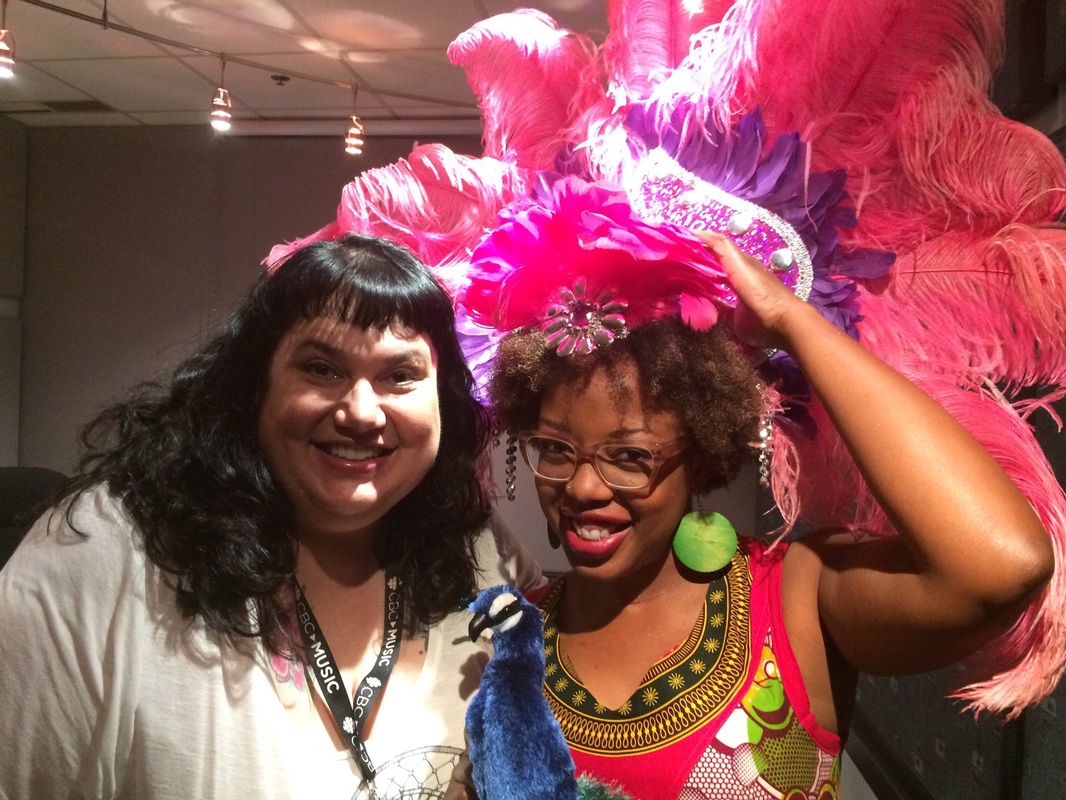
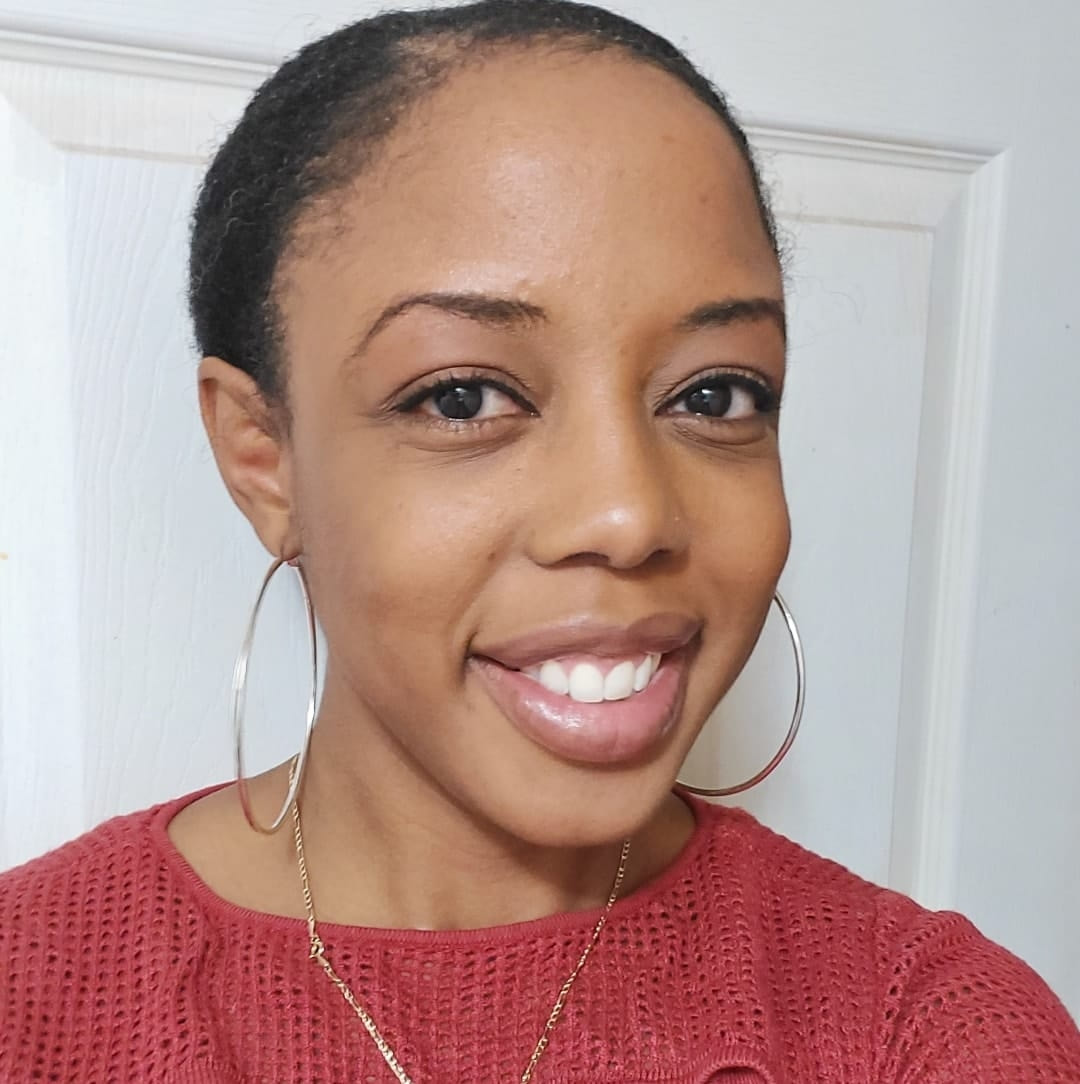
 RSS Feed
RSS Feed